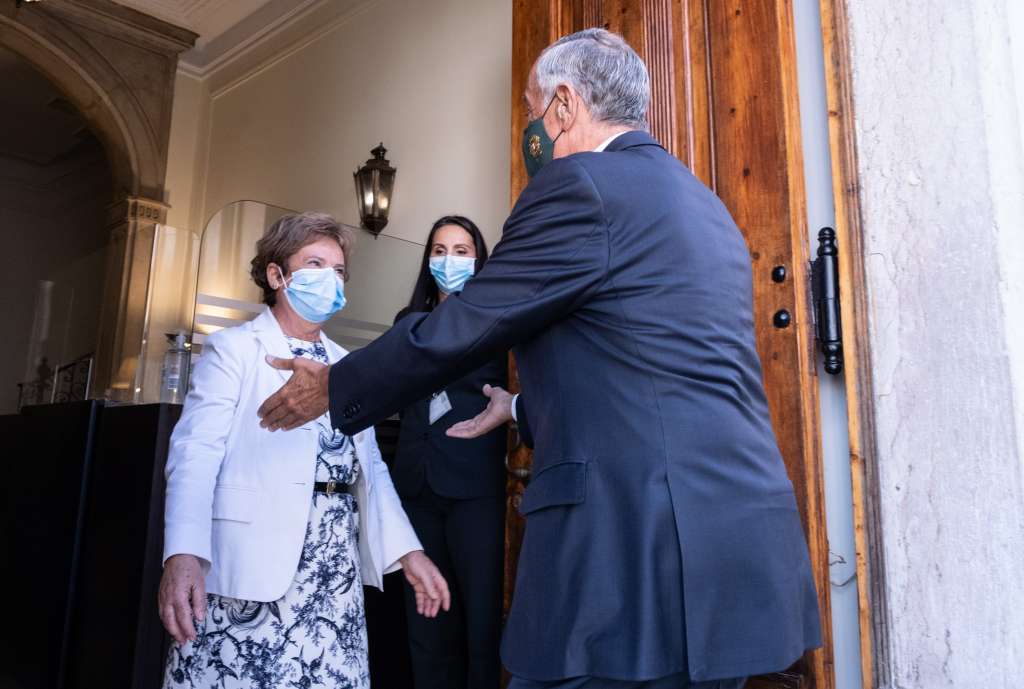Date of article: 22/10/2021
Daily News of: 26/10/2021
Country:  Lithuania
Lithuania
Author:
Article language: en
Augustinas Normantas, Head of the Seimas Ombudsmen’s Office, submitted a report on the human rights situation in the Utena Expert Division of the National Service of Forensic Psychiatry under the Ministry of Health, which draws attention to the existing problems.
The Seimas Ombudsman notices that the eating skills of persons under investigation of the Utena Expert Division are not nurtured and developed, food is supplied to the wards; however, persons accommodated there lack the necessary inventory (table, chairs), therefore they are forced to eat while sitting on the bed, during meals to put dishes with food on windowsills or on cupboards, that are also lacking in multi-place wards.
Moreover, the Seimas Ombudsman notes that not all furniture in the wards is attached to walls or floors, and most mattresses are not covered with a waterproof material that is easy to disinfect.
The report states that persons under investigation held in the Utena Expert Division are forced to wear pajamas on a regular basis, which, in the opinion of the Seimas Ombudsman, does not contribute to the strengthening of their personality and self-esteem. In addition, both pajamas and underwear are not individualized. The Seimas Ombudsman got also concerned about the fact that clothes meeting the weather conditions and required for walks outside the building are not issued. Moreover, the necessary hygiene measures are not issued to the persons coming to the Utena Expert Division.
The inspection revealed a significant number of breaches of privacy. It was established that the shower rooms could not be locked from the inside, and one of such rooms was located in a passage corridor with a window through which the shower room could be fully visible from the outside. The Seimas Ombudsman in his report stated that the sanitary facilities (toilets) installed in the wards also did not ensure the privacy of the persons under investigation.
In the report, A. Normantas noted that in the 1st Unit of the Division only one security guard officer was on duty, although according to established rules the shift should consist of the head of the security team, the guard and the station officers, and, if necessary, an assistant guard. The interviewed employees of the Utena Expert Division expressed concern about their own safety and the safety of the persons under investigation, and noted that the responsible ministries and the Police Department had been contacted several times regarding the identified problems; however, they remain unresolved.
The Seimas Ombudsman also draws attention to the fact that the security team officers do not perform the functions assigned to them: to receive and accommodate newly arrived persons; to organize and monitor meetings of the persons held in the 1st Unit with relatives and other persons as well as to organize and monitor visits of the media, public organizations, representatives of religious communities to the Unit; to organize walks and permits’ regime for persons held in the 1st Unit.
After assessing the circumstances established during the inspection, the Seimas Ombudsman came to the conclusion that appropriate material conditions for persons under investigation in the Utena Expert Division are not ensured and the dignity of the persons under investigation and their privacy are violated.
The Seimas Ombudsman also came to the conclusion that the workload of forensic experts in the Utena Expert Division exceeded the established limits, therefore, queues for inpatient forensic psychiatric examinations ordered by the court may have formed. In addition, the staff of this Division is not provided with the opportunity to improve their professional qualifications, which also has an impact on ensuring the right to quality health care services. In addition, the Seimas Ombudsman stated that the protection of detainees is not adequately ensured in the 1st Unit of the Utena Expert Division, which, among other things, creates preconditions for violating the rights of the investigated persons and employees of this division and endangering their health and life.
 Portugal
Portugal



